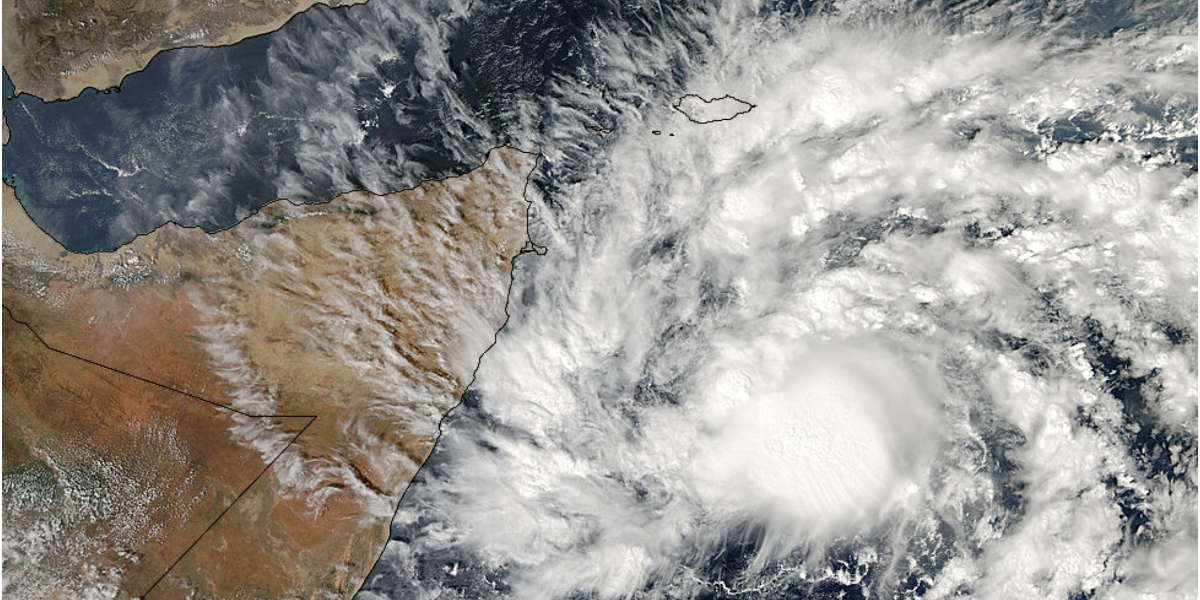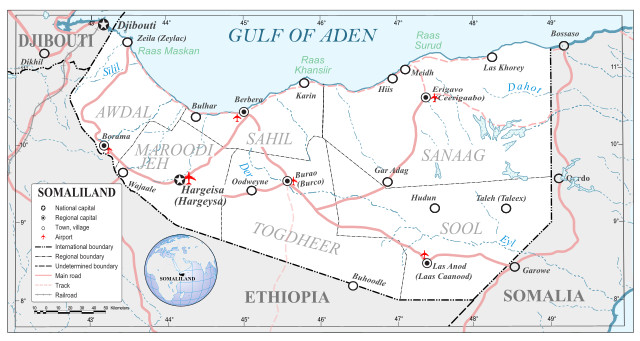In the image
Tropical cyclone in the Arabian Sea approaching Somalia [NASA].
On January 1st, the government of Ethiopia and the unrecognized territory of Somaliland signed a MoU which could have important geopolitical consequences for the region if eventually enforced. Such consequences would affect its stability, as well as maritime security in a region that is already experiencing significant problems. Although the content of the memorandum has not been made public yet, it apparently involves Ethiopia's support for the recognition of Somaliland as an independent state, in exchange for a 50-year lease of a small part of Somaliland's coast in the Indian Ocean.
Still to be formalized, what was agreed in the Memorandum of Understanding (MoU) could lead to a spike in geopolitical tensions between Ethiopia and Somalia. The latter, strictly opposed to the independence of Somaliland since the inception of such movement, has called for an immediate termination of the ongoing efforts to crystalize the agreement. But more importantly, it would also grant Ethiopia, a land-locked country, commercial and naval access to ports alongside the Indian Ocean's coast-although the precise location of such ports is yet to be decided.
network Sea crisis
The announcement of the agreement between the two actors comes at a critical moment for maritime security in the region. Following the numerous Houthi attacks against commercial shipping in the network Sea and Bab El-Mandeb regions, which began in mid-October, the transit of maritime commerce has been reduced by almost 90% with several of the major shipping giants having suspended transits through the region. Since the first attacks took place, more than 30 incidents have been reported involving anti-ship cruise and ballistic missiles, UAVs and USVs launched from Yemen-including the hijacking of several merchant ships in the Indian Ocean. Most of the attacks, however, have been effectively addressed by US, British and French warships deployed to the region.
In mid-December, the United States launched 'Operation Prosperity Guardian,' a multinational coalition under the mandate of the Combined Task Force 153 headquartered in Bahrain, in an effort to diminish the threats to maritime security in the area and restore the flow of maritime commerce. After several warnings and calls for the Houthis to cease their activity, a combined US-UK attack took place in the early hours of January 12th, with attacks against several strategic locations on land.


